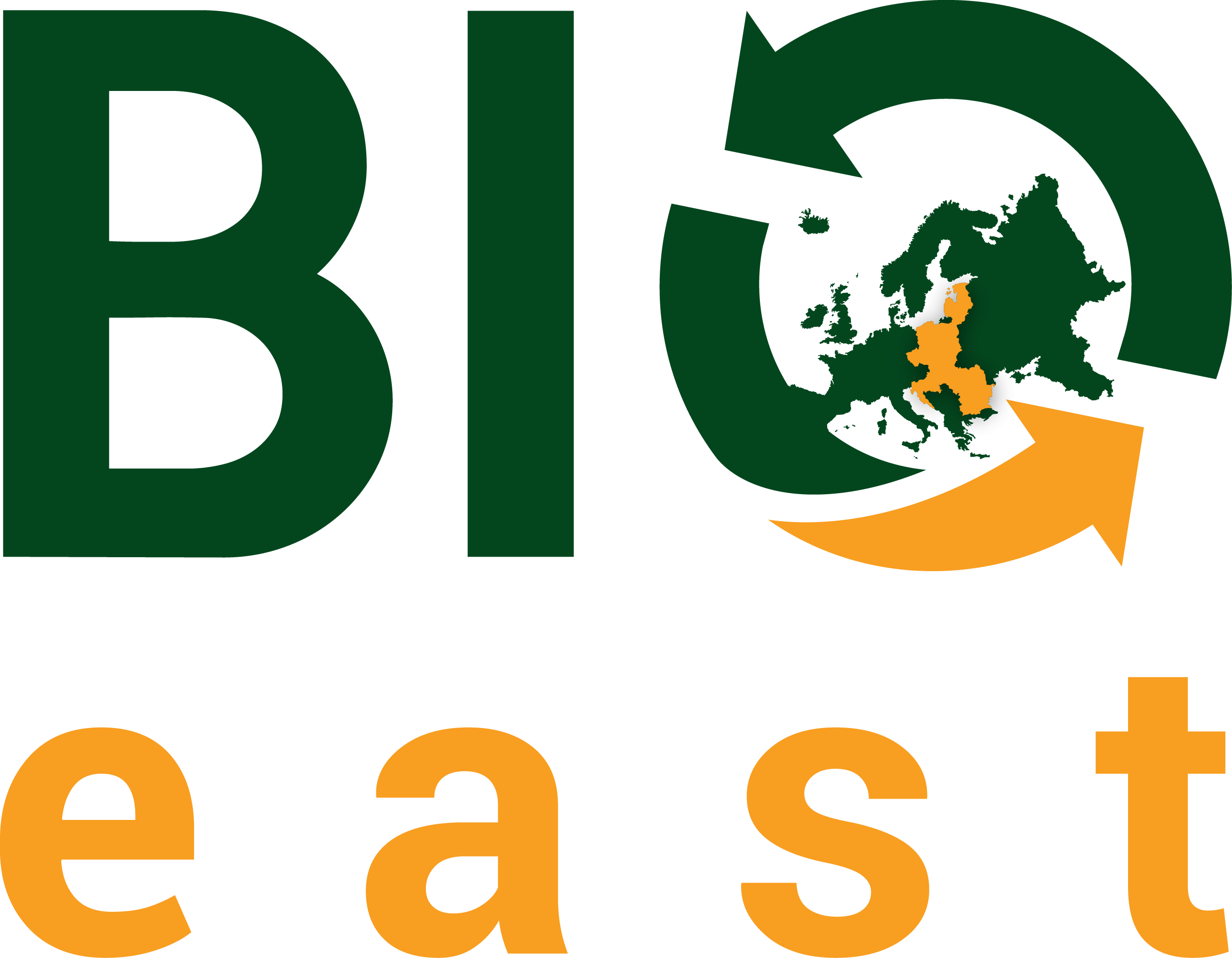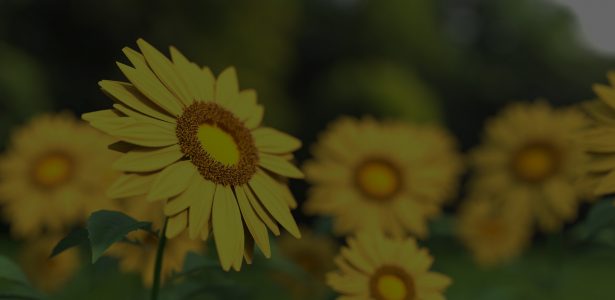After the initiation of the cluster as a triple-helix network in 2010, followed by the establishment of the cluster organization “Latvian high added value and healthy food cluster” in 2015, the members of the cluster have decided to set forward a new ambition for the cluster with a vision to become a key food bioeconomy innovation hub in Latvia.
The new name, goals and agenda of the cluster reflect the current priorities of its members – the move towards more sustainable and environmentally friendly high quality food production, closer cooperation between science and industry for the development of innovative technologies, food products and food processing side streams valorization with higher added value. Latvian Food Bioeconomy Cluster aims to form even closer cross-sectoral and international cooperation links with bioeconomy clusters, consortia, science parks, business incubators and innovation centres both in Latvia and abroad.
The cluster currently has 14 members – innovative niche food producers, science, research and development organizations and Vidzeme Planning Region.
The new direction taken by the cluster coincides with the current priorities in Europe – the European Union’s ambition for Europe to become a first climate neutral continent, the new European Green Deal set forward by the European Commission and forthcoming “Farm to fork strategy” to make food systems more sustainable. Accordingly also in Latvia a knowledge-intensive bioeconomy is set as one of the nationally defined areas of smart specialization (RIS3), a national bioeconomy strategy for 2030 has been developed, and at the regional level the Vidzeme planning region has recently adopted an action plan for the development of a knowledge-based bioeconomy innovation ecosystem in the region, seeing food bioeconomy cluster as an integral player for the delivery of this action plan .
Inese Suija Markova, Managing Director of the research and development organization – Institute for Environmental Solutions, points out:
“Our generation faces a great challenge – how to meet the growing demand for food, energy and water while having less impact on the environment and the climate. The development of the bioeconomy is one of the answers to this challenge. The key to the success of the bioeconomy lies in the ability of entrepreneurs and scientists to work together, to discover together the different properties of biological resources and to find new, unprecedented ways of using them, including in food production. The cluster is a great platform for entrepreneurs and scientists to combine different types of resources – finance, people, equipment and materials to gain new knowledge, develop prototypes of new products, access to international expertise needed for high value-added food production, strengthening business competitiveness and helping to be more competitive in export markets. “
One of the initiators of the cluster, Irīna Kulitāne, member of the board of Konso, Ltd., emphasizes:
“Cluster facilitates collaboration and sharing of knowledge and know-how between industry and research, to develop new solutions for existing and forthcoming challenges. The key word for the cluster is – jointly or collaboratively. Analogically – the soil also works with the sun to help flowers grow.”
The experience gained by the cluster members from other bioeconomy clusters and networks in the Netherlands, Sweden, Denmark, Finland and Norway, in the framework of cross-border co-operation projects implemented by the Vidzeme Planning Region and the cluster itself, as well as co-operation with the Nordic Council of Ministers’ Office in Latvia, incentivized cluster members to expand the focus of the cluster organization from a single industry to a wider innovation ecosystem.
According to Kristaps Ročāns, Board member and Managing Director of the Latvian Food Bioeconomy Cluster and Project Manager at Vidzeme Planning Region:
“The Latvian Food Bioeconomy Cluster has been operating as a dynamic and changing organization with a clear direction in its various stages of development since its inception in 2010. Cluster has developed cooperation both, among its members and with partners in Latvia and abroad. Despite the changes, the core of the most active members of the cluster – companies and scientific institutions – has been stable for almost 10 years. The new status of the cluster opens opportunities to expand the circle of members and cooperation partners, develop new projects, become more involved in various European-level bioeconomy innovation networks, thus helping our members to achieve their individual goals – become more innovative, sustainable and competitive.”
The cluster currently has 14 members:
Aloja-Starkelsen, Ltd. ; Valmiermuižas alus, Ltd. ; Felici, Ltd.; Very Berry, Ltd.; Dimdiņi, Ltd.; Skrīveru Saldumi, Ltd.; Rāmkalni Nordeco, Ltd.; Ekotri, Ltd.; Konso, Ltd.; Institute for Environmental Solutions; Institute of Agricultural Resources and Economics; Institute of Horticulture; Vidzeme University of Applied Sciences; Vidzeme Planning Region.
Chairman of the Cluster Board, General Director of Aloja-Starkelsen Ltd., Jānis Garančs:
“The Latvian Food Bioeconomy Cluster is open to new interested and innovative members. We invite food companies and scientific organizations, who are focused on sustainable and knowledge-based rapid development, to join us! Participation in the cluster as a member or collaboration partner, opens new opportunities for growth together with like-minded companies and organizations, using the extensive internal and international network of our cluster and its members.”
Cluster profile on the European Cluster collaboration platform: https://www.clustercollaboration.eu/cluster-organisations/latvian-high-added-value-and-healthy-food-cluster
Cluster LinkedIn page: https://www.linkedin.com/company/latvian-high-added-value-and-healthy-food-cluster/

